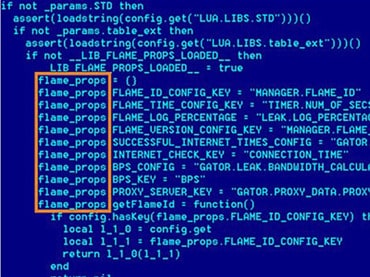Two critical vulnerabilities in Java discovered by security researchers are making waves in the tech media. The vulnerabilities were so critical that the security experts advised the users to simply disable Java until a solution became available. Now, it’s been revealed that the exploit has been added to Blackhole, the popular toolkit of hackers.
Blackhole essentially packs a whole range of exploits and is installed on a number of compromised sites. As soon as a user visits one of these sites, the machines become vulnerable to multiple attacks and there’s a significant chance that it would be infected with a malware or some other trojan.
Until now, Blackhole exploit kits are normally able to infect one out of every ten users who visit compromised sites. However, with the new Java exploits available, these kits seem to be far more successful, being able to infect every one out of four visitors to these sites.
This is very significant because on a global scale, this translates to thousands of new infected machines solely because of the newly discovered Java exploits. According to Securelert, “We were able to count tens of thousands of new infected machines due to the Java zero day since the exploit was added to the Blackhole exploit kit.”
Although users had been advised to immediately disable Java on their machines, this simply seems impossible for many who have to use Java for a wide range of things. And so, all these users continuing to use Java are in an imminent risk of being infected with a malware.
Another interesting bit of information that is doing the rounds on the web is that Oracle had been informed, in advance, of this exploit which has now become public knowledge. It was made aware of the risks as far back as April but Oracle apparently chose to ignore it.
It did release a security patch in June but that patch didn’t remove these vulnerabilities from the software. The next update from Oracle is expected in October and by then, security analysts fear, a huge number of machines would’ve been infected already.
Interestingly, the Java components which are causing all the problem are in violation of Oracle’s set of guidelines. Security Explorations, a security firm based in Poland revealed this, also claiming that it clearly pointed out the two vulnerabilities to Oracle, the very same vulnerabilities which are being exploited by the hackers right now.
The silence from Oracle’s side is ominous. The company seems quiet as to what it’s strategy will be in tackling this rather critical issue and whether or not it will release a security patch any time soon.
Courtesy: CNET/ Arstechinca
[ttjad keyword=”hot”]




